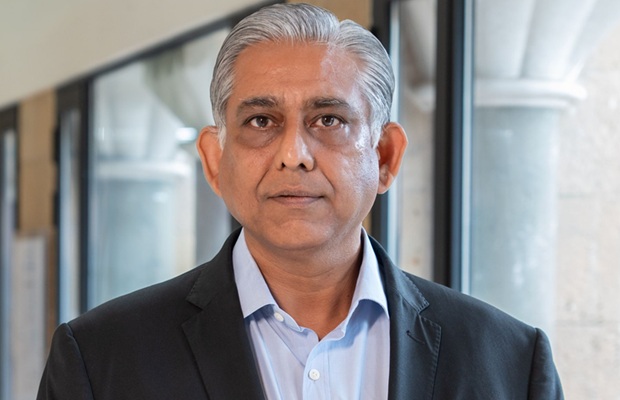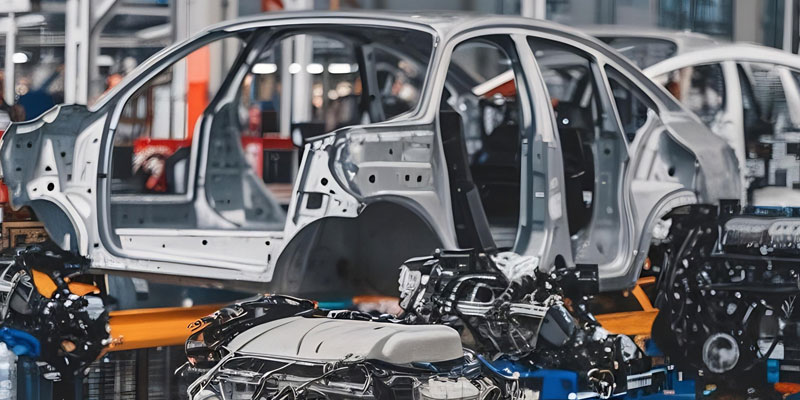Schedule a Call Back
Indian Rubber Industry
 Technical Articles
Technical Articles- Nov 07,12

Francois Fresneau made the first presentation on the properties of rubber at the Academie Royale des Sciences of France in 1736. Ever since, rubber industry has travelled a long and interesting journey across the globe towards the current day trends. India in particular has been having a wonderful relation with rubber throughout the passing centuries ever since its first plantation. Kerala, Tripura, Maharashtra and Punjab make major contributions to the Indian rubber industry. India is the 4th largest producer and second largest consumer of rubber in the world and holds 8% of the global rubber production.
A narrow belt of land in the Western Ghats that runs to 400 kilometres along the western coast contributes a lot to the Indian rubber production. India produces 4 types of natural rubber, viz., RSS, latex concentrates, solid block rubber and pale latex crepes. Indian rubber manufacturing industry has 6000 manufacturing units of which 30 are large scale, 300 are medium scale and 5,670 are small scale. Approximately 4 lakh employees make more than 35,000 rubber products in India. Rubber industry in India is classified in two segments, viz., tyre and non-tyre. Tyre segment consumes 50% of rubber products. Non tyre segment consists of bicycle accessories (15%), footwear (12%), belts and hoses (6%), latex products (7%) and other products (10%). In the current scenario, the Indian rubber industry focuses on production-consumption mismatch, skill development initiatives and investments in other countries. The production consumption mismatch invites imports and the All India Rubber Industries Association (AIRIA) has requested the government to cancel anti-dumping duties on rubber imports. According to the latest estimates from the rubber board, production has dropped by 0.5% and consumption soared up by 1.8% in April-June 2012 period. Last year, during this period, 240,000 tonnes were produced as against 238,000 tonnes this year. The consumption is estimated at 330,250 tonnes in 2012 as compared to the 324,425 tonnes last year. In the past decade, Indian non-tyre sector's natural rubber consumption has declined from 55 per cent to less than 40 per cent.

As for the shortfall, Onkar Kanwar, chairman, Apollo Tyres opines that "There is serious shortage for natural rubber due to the slow pace in re-plantation and due to slow pace in the increase in acerage in fresh rubber plantations. Re-plantation is the urgent need of the day, otherwise industry has to depend more on imports." Because of this reason, companies like Apollo are considering ideas such as acquiring plantations in countries like Indonesia and Thailand on lease basis to meet their requirements. Indian rubber industry is also contemplating on setting up manufacturing units in Indonesia and Sri Lanka. Friendly government policies, greater availability of natural rubber and cheap labour in these countries are highly supportive to India's plans. The recent visit of Dickey Fabrian, Consul General of Indonesia, to India has triggered these interests. Indonesia is the second largest rubber producer in the world and according to Dickey Fabrian, looks for bilateral trade in rubber goods between the two countries.
Due to the drop in global prices and supply increase in domestic market, India imports of natural rubber will advance 10-15% in 2012. In 2011-12, India imported 205,050 tonnes as against 188,387 tonnes in 2010-11. According to the current pace, import is likely to cross 250,000 tonnes by the end of March 2013. Satish Sharma, Chief - India Operations, Apollo Tyres, insists on better quality in imported rubber. He opines that such quality insistence would result in manufacture of quality radial tyres. In spite of weak demand, which compels tyre companies to keep a low inventory, they have imported more rubber than last year, following revival hopes in the auto market.
Rubber imports are also hit by rupee appreciation and AIRIA vice-president T K Mukherjee has urged the government to inverse import duty structure so that it might suit the industry. At present, import duty on natural rubber is fixed at 20% and that on finished rubber goods is 10%. Though the import content is comparatively lower in rubber goods, exporters of finished rubber products are not benefited owing to the rupee appreciation and higher import duty on raw materials.
Vinod Simon, President, AIRIA, who left office in September 2012, said in his parting note in Rubber India, an industry publication, that the forecast for the coming month indicates that the production of rubber will be higher than the consumption. This, he feels, is both good and bad news since on one side it may help stabilise the prices and on the other, the slowdown continues. The GDP has fallen to the 5.5% mark possibly the lowest in the last decade. However, his hopes are optimistic because India is in a better position than most countries.
Indian rubber industry is taking action in two perspectives to tackle the high consumption-low development paranoid. Rubber Skill Development Centre (RSDC) takes several initiatives to develop professional skills of 25 skill sets as Phase I of the project. This covers 60% of the target work force. Skill gap analysis is conducted to estimate the exact gaps that exist in this area. This should enhance the Indian rubber industry in its strategy for rapid development.

RSDC would train 400-500 students in a pilot stage to prepare for the future - 700,000 people to be trained in next 10 years. About 300,000 people who are already working in rubber industry would be re-skilled. At present, Kerala faces shortage of skilled rubber tappers, which would be remedied by training schools. Free training facilities and stipends are announced to encourage aspirants to register themselves. Training programs would accentuate the involvement of 2.5 lakh tappers in Kerala alone. The Indian Rubber Board has made a data bank of rubber tappers. Rubber tappers are encouraged to register their names and details through societies and field stations. Following this, tappers would be invited to training programs and other welfare schemes. The data bank initiative, which was launched on October, 1, 2012, is expected to be completed within a year.
Following the Coconut Board's initiatives to popularise coconut plucking devices, the Rubber Board has encouraged enhanced models of rubber tapping knives with a cash award of Rs 5 lakh for the best model. Knife is an important device in rubber tapper's tedious task. The knife should be suitable for age and bark thickness of the rubber tree, so that the work is completed quickly with less effort. Specially designed knives like Michie Goledge or Jebong could be handled only by experienced tappers.
The prize winning rubber tapping knife is expected to be handled effortlessly by unskilled labourers too. Efforts for such knives are made in other rubber producing countries like Malaysia, for instance, which developed a tool in collaboration with Japan that was commercially not feasible. The prize winning knife is expected to address the scarcity of skilled rubber tapping labourers.
Designing a tapping knife, which could be handled even by an unskilled labourer at an economic prize, is certainly a big challenge. The tapping knife made in Malaysia mentioned above is costly. The Sri Lanka Rubber Research Institute has come with a technically improved knife, which taps maximum latex without affecting the lifespan of the tree. Tapping latex without damaging the rubber tree or its cambium layer is a serious issue, because the rubber industry loses heavy profits every year due to such reasons.
Another initiative is to expand the land under rubber cultivation. In the north-eastern state of Tripura the focus is on expanding land under rubber cultivation. Tripura is the 2nd largest rubber producing state in India. While Kerala contributes 90% of the domestic production, Tripura's contribution is limited to 8%. Tripura plans to double the area under rubber cultivation. After gas based industries, Tripura attracts investment from the tyre sector. The north-eastern state, currently producing approximately 32,000 tonnes of natural rubber, is planning to nearly double the area under rubber plantation to nearly 1 lakh hectare. Kerala has 5.5 lakh hectares under rubber cultivation. Owing to the emerging prospect of access to Chittagong port in Bangladesh and rising natural rubber production, Jitendra Chowdhury, senior minister in Tripura cabinet is hopeful in attracting investments from rubber based industries to the state. A Rubber Park is already set up and activities are limited to converting rubber latex to sheet. The minister also looks forward to value addition in the activities.
The rubber industry is also making efforts to foil the perception that rubber plants affect the growth of neighbouring plants. Trial cultivation of rubber with tea is initiated in West Bengal. K G Mohanan, additional production commissioner of Rubber Board expects to extend inter-cropping of rubber to other parts of the country, when trial cultivation shows positive results. Since mono-crops affect ecological balance and bio-diversity, such inter-cropping is encouraged in rubber plantations, he added.
The efforts of the Rubber Board and AIRIA are geared towards finding appropriate solutions to technical, manpower, financial and cultivable land issues that the Indian rubber industry faces today. That gives the otherwise dark cloud the proverbial silver lining. Handling things deftly should give the desired result. That is assuming the farmers do not hold back supplies, and expect prices to rise. For a section of the citizenry can effectively thwart measures that are for the greater benefit for the whole community. Be it rubber or any other industry, co-operation is the key word for success of the community.
(Photographs used are for illustrative purpose only)
Related Products
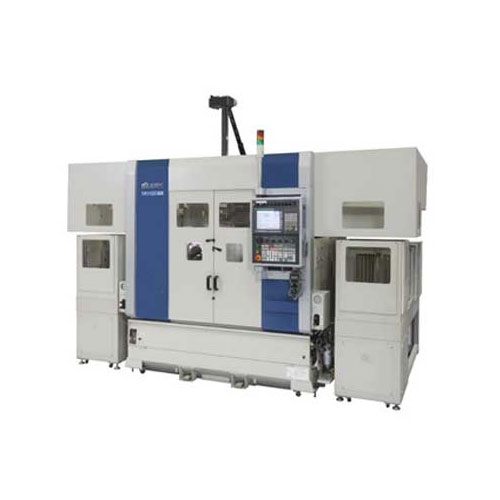
Compact Fmc - Motorum 3048tg With Fs2512
Meiban Engineering Technologies Pvt Ltd offers a wide range of Compact FMC - Motorum 3048TG with FS2512.
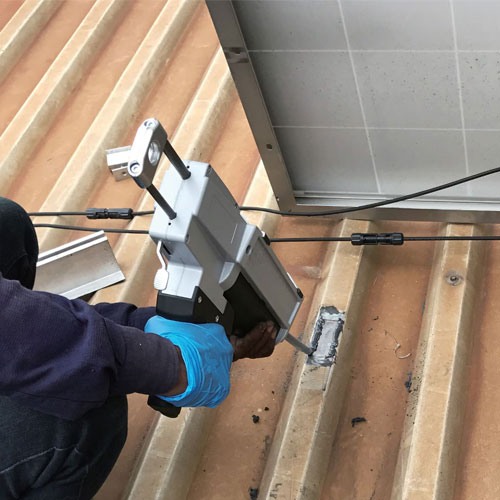
Structural Adhesive for Solar Panel Roof Mounting
Parson Adhesives India Private Ltd offers a wide range of structural adhesive for solar panel roof mounting – Partite 7535.
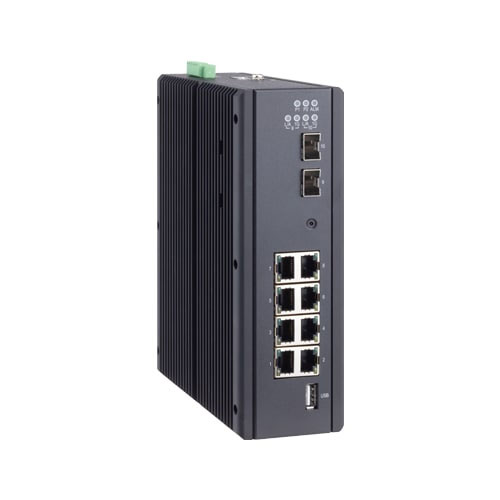
Industrial Tsn Switch
Contec launches a future-ready Industrial TSN Switch- SH-9210TSN.






